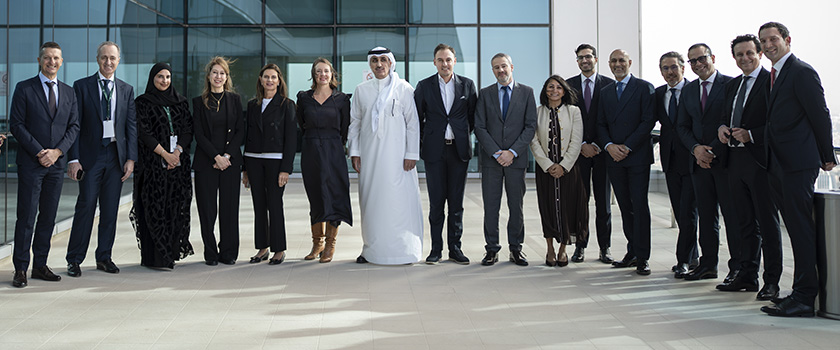As part of Building Bridges Week – the agenda-setting event on sustainable finance taking place in Geneva from 29 November to 2 December 2021 – UBP hosted an interactive panel discussion on biodiversity and its investment opportunities.
UBP sheds light on the biodiversity-investment nexus
02.12.2021








